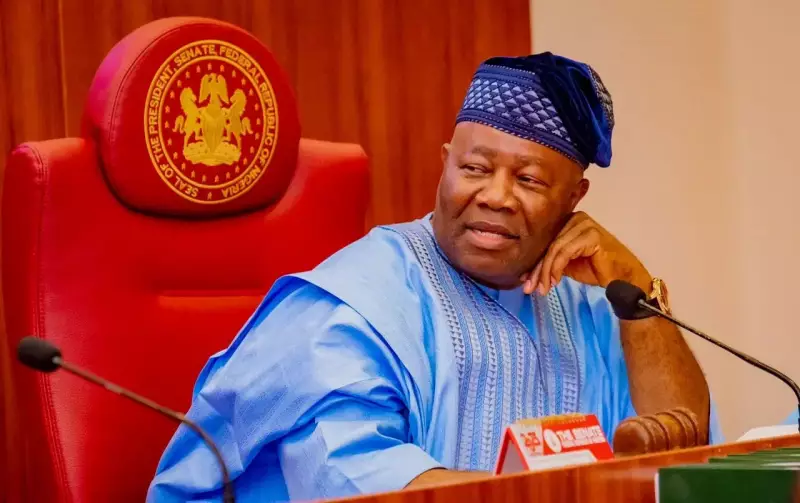
In a dramatic legal move that has sent shockwaves through Nigeria's political landscape, the Socio-Economic Rights and Accountability Project (SERAP) has filed a lawsuit against the country's top legislative leaders over their apparent inaction regarding explosive corruption allegations.
Court Battle Over Corruption Claims
The lawsuit targets Senate President Godswill Akpabio and House of Representatives Speaker Tajudeen Abbas, accusing them of failing to investigate what has become known as the "bribe-for-bills" scandal. This controversy involves stunning allegations that some lawmakers received substantial bribes to influence the passage of the 2024 budget.
The Explosive Allegations
According to reports that have circulated widely in political circles, several senators were allegedly offered a staggering N500 million each, while members of the House of Representatives were said to have received N100 million each. These payments were reportedly intended to secure their support for the 2024 Appropriation Bill, raising serious questions about the integrity of Nigeria's legislative process.
What makes this situation particularly concerning is the apparent silence from legislative leadership. Despite the gravity of these allegations and their potential to undermine public trust in democratic institutions, SERAP claims that both Akpabio and Abbas have taken no meaningful steps to address the claims or investigate their veracity.
SERAP's Legal Demands
The organization is not mincing words in its legal action. SERAP is demanding that the Federal High Court in Lagos compel the legislative leaders to:
- Immediately initiate a transparent and independent investigation into the bribery allegations
- Identify all lawmakers suspected of receiving bribes
- Ensure that those found culpable face appropriate legal consequences
- Refer the matter to anti-corruption agencies for thorough investigation
Broader Implications for Nigerian Democracy
This lawsuit represents more than just another corruption case—it strikes at the heart of Nigeria's democratic integrity. The "bribe-for-bills" scandal, if proven true, suggests that the very process through which national resources are allocated has been compromised by financial inducements.
Legal experts following the case note that SERAP's action raises fundamental questions about accountability within Nigeria's highest legislative bodies. The organization argues that the failure to investigate these serious allegations constitutes a dereliction of duty and undermines the principles of good governance.
Public Trust at Stake
The timing of this legal battle is particularly significant, coming at a time when many Nigerians are expressing growing frustration with corruption in public office. The outcome of this case could have far-reaching implications for how corruption allegations are handled within the National Assembly moving forward.
As the case progresses through the judicial system, all eyes will be on the Federal High Court and how it responds to SERAP's demands for accountability and transparency in Nigeria's legislative processes.





